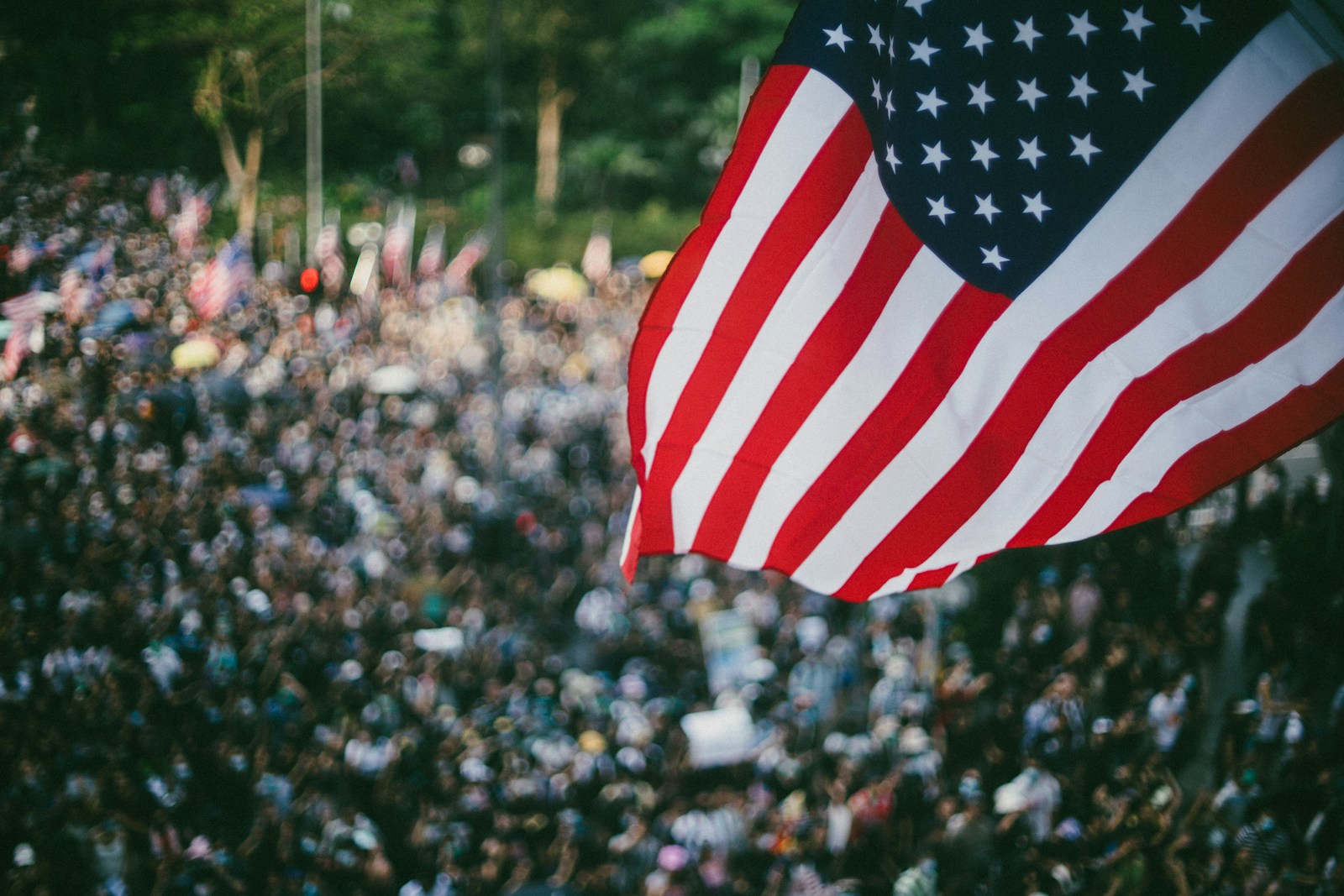Key Takeaways
- Authoritarian leaders always fear jokes and free speech.
- In 1939, Goebbels banned five comedians for mocking Hitler.
- Today, US officials threaten networks with censorship over TV criticism.
- Trump’s giant federal banners echo past authoritarian tactics.
- Citizens must stay vigilant to protect free speech rights.
We’ve seen this movie before. In 1939, Nazi Propaganda Minister Joseph Goebbels stopped five “Aryan” comedians from performing. He slammed their jokes as “brazen, impertinent, arrogant and tactless.” Back then, mocking Hitler’s followers meant losing your job. Today, similar threats loom over American TV stars. Once again, leaders who block jokes show where censorship can lead.
Lessons from 1939
In early 1939, German audiences loved comedians who poked fun at Hitler’s inner circle. They lampooned party secrets, copied leaders’ gestures and shared witty jabs across the country. However, Goebbels called these performers “parasitic scum” and claimed their humor hurt the Reich. Rather than jail or kill them, Nazi leaders banned their shows and froze their income. They boasted they’d stay in power for 2,000 years and had no patience for “miserable literati.” Shortly after, Germany invaded Poland, and World War II began.
Modern Censorship Threats in America
Today, the word censorship pops up in Washington. The Federal Communications Commission chair, Brendan Carr, has warned Disney, ABC, and station affiliates. He implied he might block mergers unless they remove a late-night host. He’s targeting Jimmy Kimmel after the White House bristled at his jokes. Meanwhile, a past network capitulated when President Trump complained about another comedian. That response encouraged more threats of censorship.
In fact, Trump has publicly called it “illegal” when news shows criticize him. He claimed that 95 percent of newscasts run bad stories about him. He argued they twist good news into bad, and he labeled that practice “really illegal.” While he praised free speech, his actions tell another story. These warnings threaten networks’ ability to air honest commentary. They also risk chilling any jokes or news segments that seem too critical.
Signs of Authoritarianism Today
Beyond TV, Trump has deployed federal troops to patrol American streets. He purged exhibits in national museums about slavery and discrimination. Then, in a private message, he urged the Attorney General to prosecute political foes. Moreover, taxpayers now fund three giant banners of his face on federal buildings in Washington, D.C. A report from a leading senator says these banners break the law. Still, they hang like giant billboards over commuters.
A Georgia congressman compared those banners to propaganda in China. He warned they feel “just totally inappropriate” and edged our nation toward authoritarian rule. Indeed, when leaders use public buildings for personal praise, they blur the line between government and self-promotion. Such displays echo tactics once only seen in dictatorships. As they rise, the risk of broader censorship grows.
Protecting Free Speech Today
We must learn from history. When the Nazis silenced comedians, they erased a critical voice. Humor kept power in check. Today, threats of censorship on TV and use of public funds for leader worship follow the same pattern. If networks fear fines or mergers blocked, they will self-censor. That leaves audiences with fewer honest voices and less truth.
However, citizens have the power to push back. We can demand transparency from regulators. We can support networks that resist censorship. We can call out unlawful banners and misuse of taxpayer money. Most importantly, we can keep telling jokes—no matter how “brazen, impertinent, arrogant and tactless” they seem. Laughter has always been one of the strongest defenses against censorship and authoritarianism.
FAQs
Why compare modern US actions to Nazi censorship?
History teaches us that when leaders punish humor and criticism, they inch toward authoritarianism. Comparing past and present helps us spot warning signs early.
How does threatening network mergers equal censorship?
When regulators threaten to block deals, networks fear financial loss. To avoid that, they may censor hosts or opinions that upset officials.
Are the giant Trump banners illegal?
A congressional report says they break federal law by using public buildings for personal promotion. Enforcement, however, depends on political will.
What can people do to protect free speech?
Stay informed, support independent media, voice objections to censorship threats, and encourage lawmakers to defend honest journalism.
